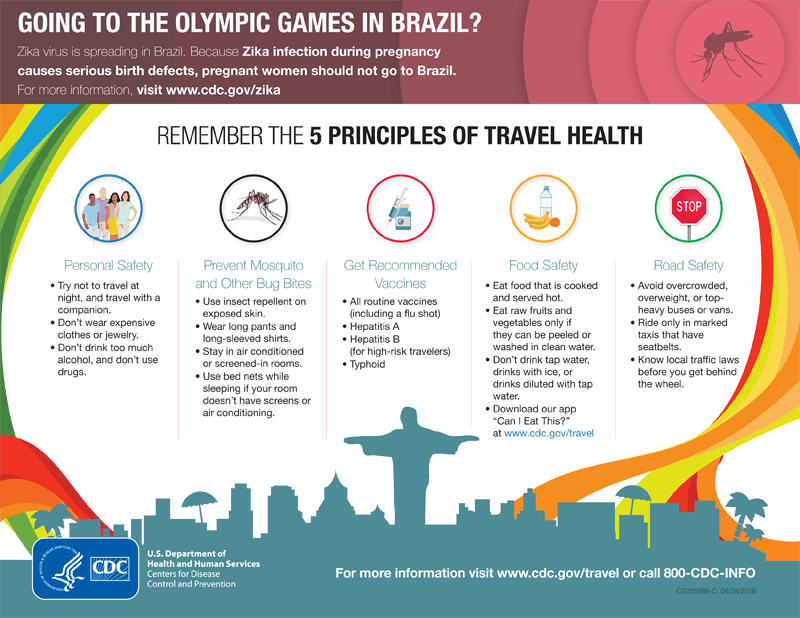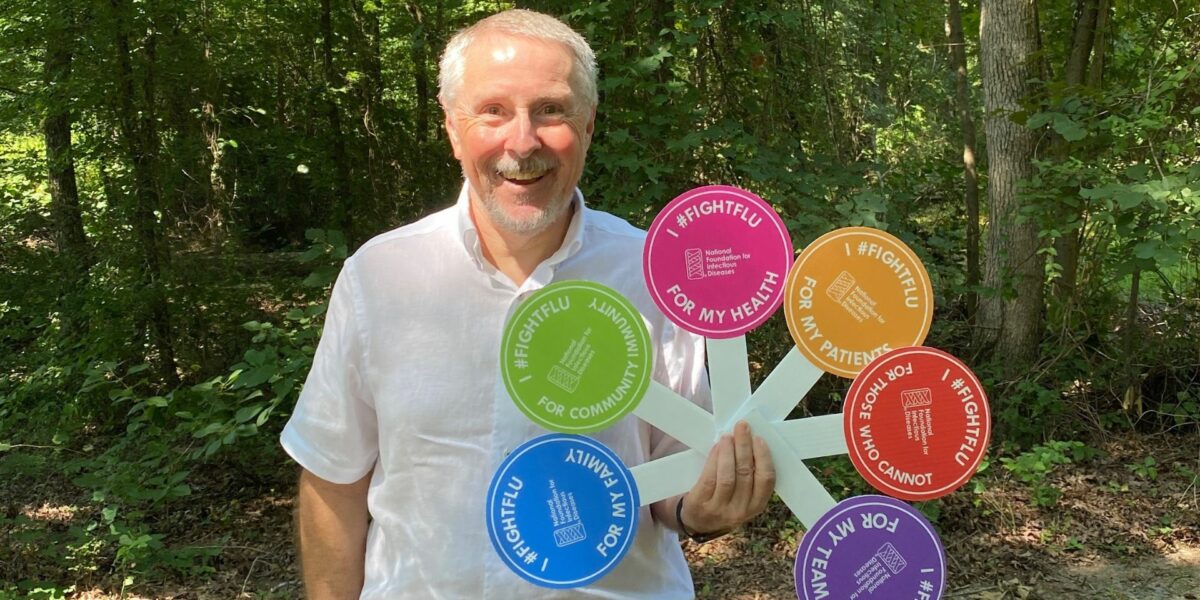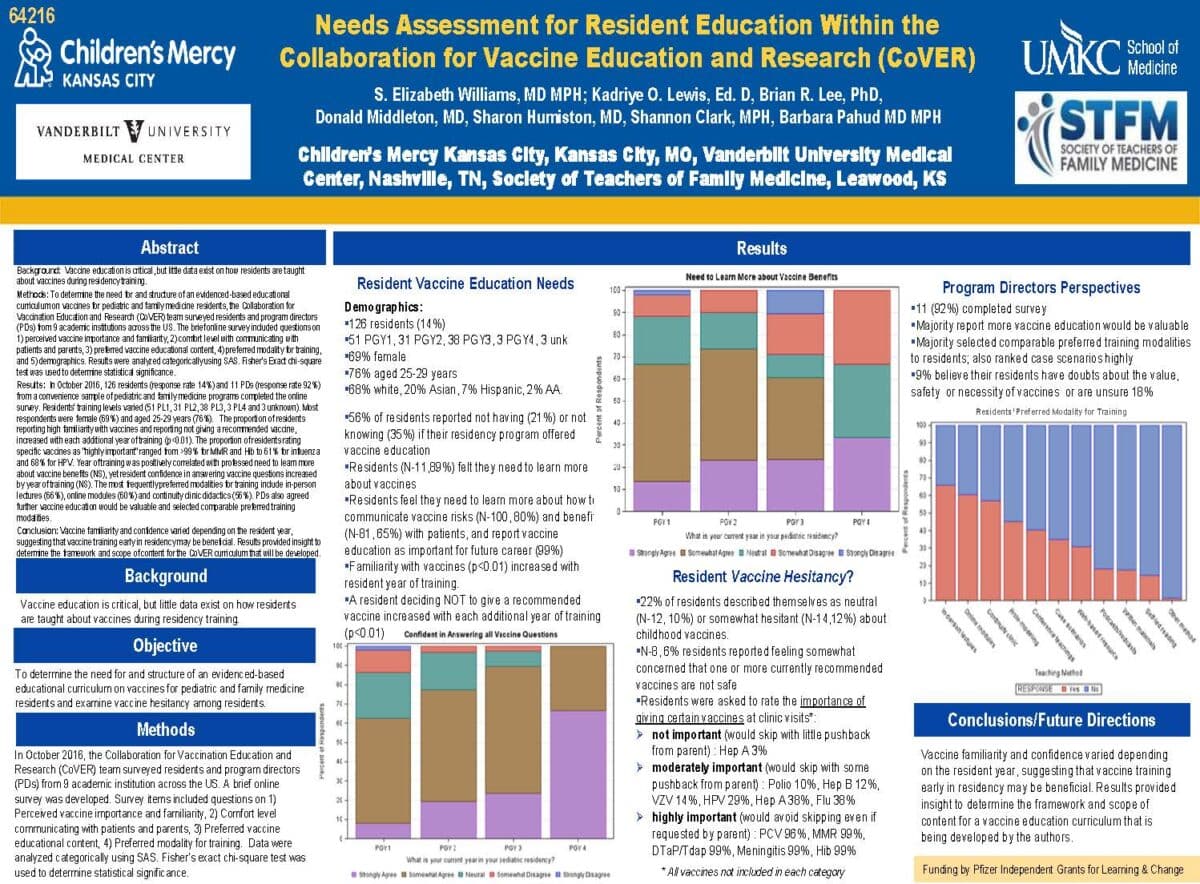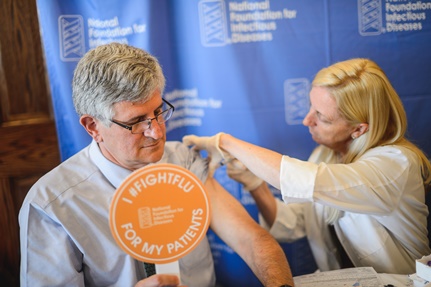
Planning to travel overseas this summer? Before any international travel, it is important to talk with a healthcare professional about recommended vaccines, depending on the country or countries you will be visiting. Vaccines can help protect you against a number of serious diseases, including typhoid and yellow fever, which are found in some developing countries. Vaccine-preventable diseases that are rare in the US, such as polio, can still be found in other parts of the world. Additionally, some countries have vaccine requirements and request proof of immunization before entry. 
Special thanks to Wilbur H. Chen, MD, MS, Director of the University of Maryland Traveler’s Health Clinic at the University of Maryland School of Medicine for this guest blog post addressing frequently asked questions about travel vaccines.
General Questions
Can all travel vaccines be administered on the same day? If not, what do you recommend?
Yes, all vaccines can be administered on the same day, except if you are considering administering multiple live, attenuated parenteral vaccines, then I would try to space these doses at least 4 weeks apart [updated to reflect current recommendations on February 2019].
How far in advance should a traveler receive vaccines?
I always inform the traveler “the earlier, the better.” Ideally, travelers should seek medical advice at least 4-6 weeks before departure, as many vaccines requ
ire multiple doses/visits.
Where can I find information about health issues related to specific destinations?
information about health issues related to specific destinations?
Both the Centers for Disease Control and Prevention (CDC) Travel Health Notices and the World Health Organization (WHO) websites have detailed information on international travel and health.
Hepatitis A
Given that natives of some developing countries likely had a hepatitis A (HAV) infection as a child, do you recommend vaccination in the absence of lab-confirmed infection? How do you recommend handling patients with a history of disease?
For those who may have had naturally acquired immunity but status is unknown, we can reference how refugees coming into the US are handled, which is a “conservative” approach that requires vaccinations to be administered and documented. There is no risk to safety with over-vaccinating against HAV. Another option is to check for serum titers and if titers are present, you can assume protection. If titers are absent, you could recommend vaccination with the 2-dose series.
Japanese Encephalitis
Since the incidence of Japanese Encephalitis (JE) is relatively low, do you recommend vaccination to everyone traveling to South Asia?
No, the recommendation to vaccinate is an outcome of the risks (includes risk of disease and burden of cost of vaccine) versus benefits of being vaccinated (protection and peace of mind). For those travelers that are “risk adverse,” I will vaccinate. The vaccine is rather safe.
Rabies
Which travelers should get vaccinated against rabies?
Those at high-risk for rabies include families, especially with young children, that will be residing in non-industrialized countries for prolonged periods (several months to years), especially if the residence will be in a rural setting. Veterinary workers conducting wild-life work or research in remote settings for prolonged periods and “ultra-adventurous” travelers who plan to hike, camp, etc. in remote areas should also consider getting vaccinated.
Typhoid
Do you recommend typhoid vaccination when someone is travelling in less than 2 weeks? Will patients receive partial protection from vaccines given last minute before travel?
For short-notice travelers, provide injectable typhoid vaccination, as antibodies (and thereby protection) arise about 10-14 days post-vaccination which is just-in-time for this scenario. Oral typhoid vaccination takes 6 days to complete and thus the onset of protection (which begins 10-14 days post-vaccination) will be 16-20 days from the visit, meaning that the onset of vaccine-induced protection does not begin until their trip has already begun.
What is the current recommendation for booster vaccines of Typhim Vi® at age 2 years and Vivotif® at age 5 years per the CDC Vaccine Information Statement? Where can I find additional information?
The Food and Drug Administration (FDA) has approved injectable typhoid for individuals age 2 years and older and the oral, attenuated typhoid vaccine for age 6 years and older. Studies have been performed demonstrating oral typhoid vaccination can be done successfully in younger children, but since there is an alternative (e.g., injectable vaccine) I adhere to the licensed age ranges. Additional information from the Advisory Committee on Immunization Practices (ACIP) recent recommendations is available in the March 27, 2015 Morbidity and Mortality Weekly Report. Additionally, CDC has patient-friendly information available in the Vaccine Information Statement.
Yellow Fever
Some countries require proof of yellow fever vaccination. Who provides this letter?
It is completed by a healthcare professional who is authorized to administer yellow fever vaccine. The letter should include the center/clinic’s official yellow fever vaccination stamp.
A 70 year old patient has a certificate of vaccination that is now expired. Should we encourage them to get re-vaccinated to address concerns that they may not be allowed to travel into other countries without the vaccination, e.g., Uganda?
In May 2014, the WHO World Health Assembly changed the validity of the certificate of vaccination to lifetime (i.e., no booster doses are necessary any longer). This change was to be legally enacted June 2016 according to International Health Regulations. So, while I would not re-vaccinate, to obviate the realistic scenario that some countries are slower to adopt current regulations, you may provide a “letter of exemption” to the patient noting that the basis of the exemption for the traveler is that they are older than 60 years of age.
If a person became immunocompromised, should they be re-vaccinated with yellow fever vaccine?
If the traveler has already received a single dose of yellow fever vaccine, then a booster dose is not required.
Learn more about recommended travel vaccines at CDC Travel Health.
Watch the NFID archived CME webinar, Travel Vaccines: Know Before You Go. To learn about travel vaccines, mark your calendars and plan to attend the NFID Fall 2016 Clinical Vaccinology Course scheduled for November 4-6, 2016 in Philadelphia, PA.
To join the conversation, follow NFID on Twitter (@nfidvaccines), like NFID on Facebook, join the NFID Linkedin Group, and subscribe to NFID Updates.
Related Posts

Overcoming Barriers to Vaccination
NFID Medical Director Robert H. Hopkins, Jr., MD, shares his thoughts on communication tactics and other strategies to help overcome barriers to vaccination

Sharing Best Practices
The NFID Clinical Vaccinology Course encourages sharing of best practices through poster presentations and interactive sessions led by expert faculty featuring the latest information on updated vaccine recommendations and innovative and practical strategies for ensuring timely and appropriate immunization…

Are Vaccines Safe?
Probably the most dangerous aspect of getting a vaccine is driving to the doctor’s office to get it. Every year, about 30,000 people die in car accidents and even walking outside on a rainy day isn’t entirely safe—every year in the US, about 100 people are killed when struck by lightning. While routine daily activities pose a certain degree of risk, we choose to do them because we consider that the benefits outweigh the risks.
